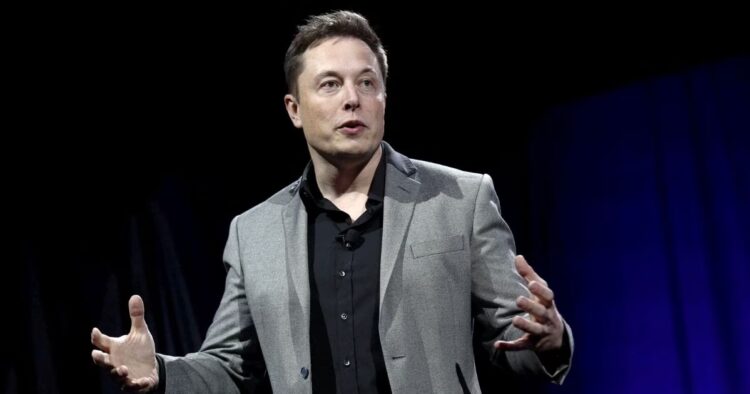Elon Musk, the renowned entrepreneur behind companies like Tesla and SpaceX, has filed a lawsuit against OpenAI, the artificial intelligence research organization, on Thursday. The lawsuit alleges that OpenAI has strayed from its original mission of developing AI for the public good and has instead become a profit-driven entity under the influence of tech giant Microsoft.
Musk, a former board member of OpenAI, has accused the organization of breaching its foundational agreement by prioritizing profit maximization for Microsoft over the betterment of humanity. The lawsuit, filed in San Francisco Superior Court, targets OpenAI’s president Gregory Brockman and its CEO Sam Altman as co-defendants.
In his legal action, Musk has raised concerns about OpenAI’s transformation into a closed-source subsidiary of Microsoft. He claims that the current leadership, lacking sufficient technical expertise in artificial general intelligence (AGI) and AI public policy, is prioritizing Microsoft’s profits over the original altruistic goals of OpenAI.
Furthermore, Musk alleges that Microsoft intervened to retain Sam Altman as CEO after attempts were made to remove him from his position last year. Musk asserts that Microsoft’s influence extended to forcing the resignation of board members who opposed Altman’s continuation as CEO.
The lawsuit highlights Musk’s longstanding concerns about the risks associated with the development of advanced AI technologies. He stepped down from OpenAI’s board in 2018 due to disagreements over the direction of AI research, particularly regarding the potential dangers posed by AGI and its impact on public safety.
Musk’s legal action seeks not only to hold OpenAI accountable for its alleged breach of contract and fiduciary duty but also to prevent Microsoft and top OpenAI officials from profiting from AI technologies developed under their collaboration.
OpenAI, founded with the goal of ensuring that artificial intelligence benefits all of humanity, now finds itself embroiled in a legal battle that underscores the challenges of navigating the intersection of technology, profit motives, and ethical considerations. The outcome of Musk’s lawsuit could have significant implications for the future of AI research and development.

















Comments